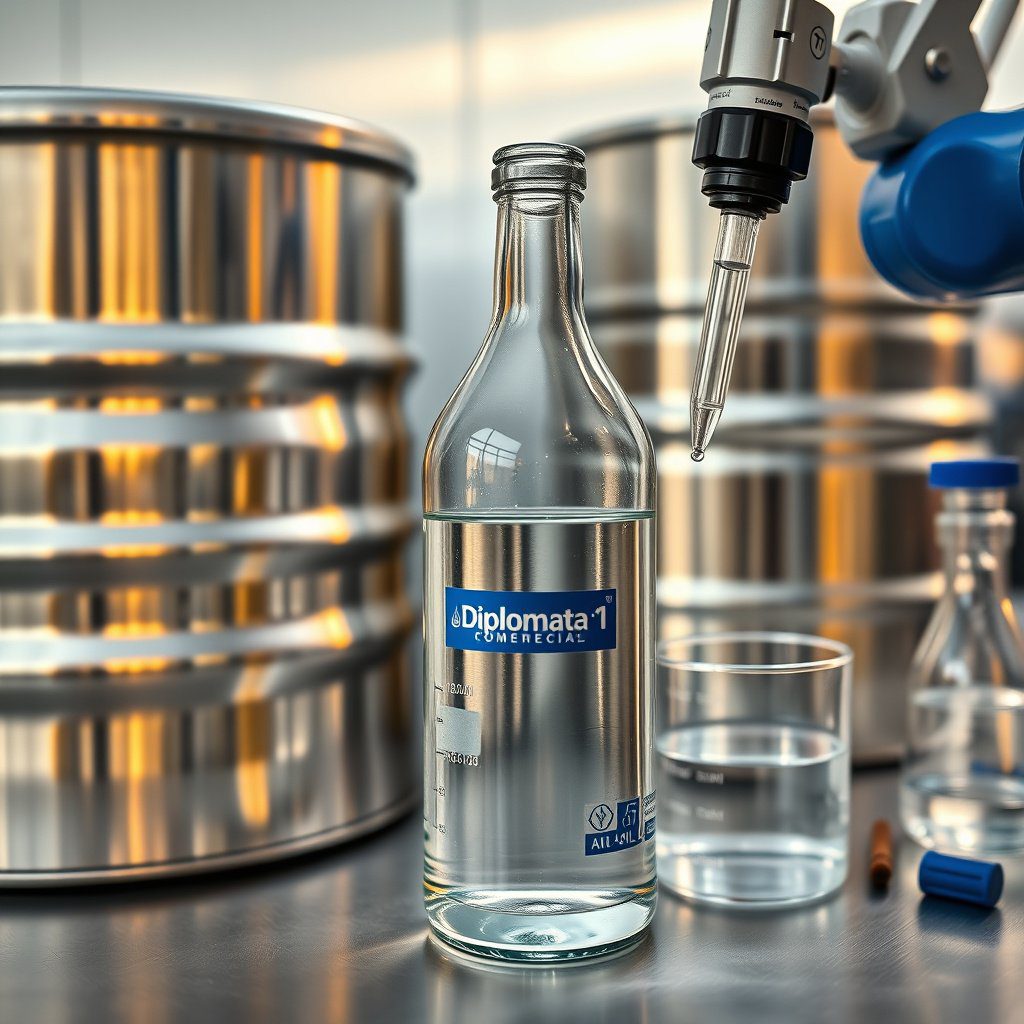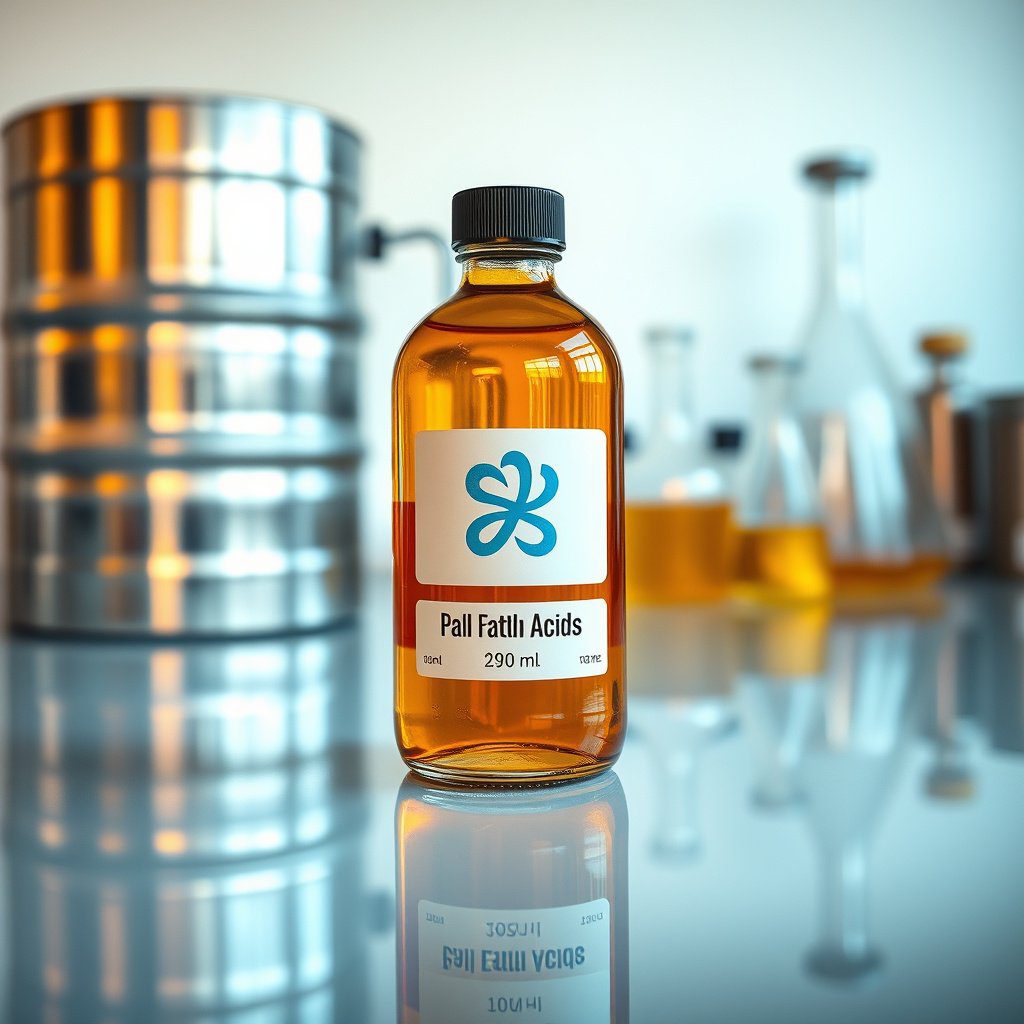Overview of Sodium Laureth Sulfate
Sodium Laureth Sulfate (SLES) is a widely used surfactant in the chemical industry, known for its effective cleansing and emulsifying properties. Commonly found in personal care products such as shampoos, body washes, and detergents, SLES is favored for its ability to create rich lather and enhance the overall performance of formulations. Manufacturers of Sodium Laureth Sulfate focus on providing high-quality products to meet the demands of various industries, including cosmetics and household cleaning.
Importance of Sodium Laureth Sulfate in the Market
The significance of Sodium Laureth Sulfate in the market cannot be overstated. As a key ingredient in cleaning products, it plays a crucial role in the formulation of many consumer goods. Its effectiveness in breaking down oils and dirt makes it indispensable for manufacturers aiming to deliver products that meet consumer expectations for cleanliness and efficacy. Additionally, the versatility of SLES allows it to be used across multiple applications, further solidifying its place in the chemical industry.
DIPLOMATA: A Leading Supplier of Sodium Laureth Sulfate
DIPLOMATA has established itself as a premier supplier and exporter of Sodium Laureth Sulfate from Brazil to the United States. With a commitment to quality and consistency, DIPLOMATA offers two distinct grades of SLES: 27% and 70%. Each grade is specifically formulated to cater to different industrial needs, ensuring that clients receive the appropriate concentration for their specific applications.
Quality Assurance in Sodium Laureth Sulfate Production
Quality assurance is paramount in the production of Sodium Laureth Sulfate. DIPLOMATA employs stringent quality control measures throughout the manufacturing process to ensure that each batch of SLES meets industry standards. This commitment to quality not only enhances the effectiveness of the products but also builds trust with customers, who rely on DIPLOMATA for consistent and reliable supplies of Sodium Laureth Sulfate.
Nationwide Reach of DIPLOMATA’s SLES
DIPLOMATA’s distribution network in the United States enables them to reach clients nationwide. This extensive reach allows the company to service a diverse clientele, from small businesses to large corporations, ensuring that all customers have access to high-quality Sodium Laureth Sulfate regardless of their location. The ability to deliver products efficiently and reliably is a significant advantage for DIPLOMATA in the competitive chemical market.
Applications of Sodium Laureth Sulfate
The applications of Sodium Laureth Sulfate are vast, ranging from personal care products to industrial cleaning agents. In the personal care sector, SLES is commonly used in shampoos, conditioners, and body washes due to its excellent foaming properties. In industrial applications, it is utilized in formulations for household cleaners, surface cleaners, and automotive products, demonstrating its versatility as a surfactant in various formulations.
Environmental Considerations of SLES
As environmental concerns continue to rise, manufacturers of Sodium Laureth Sulfate, including DIPLOMATA, are increasingly focusing on sustainable practices. This includes sourcing raw materials responsibly and minimizing the environmental impact of production processes. By adopting eco-friendly practices, DIPLOMATA not only meets regulatory requirements but also aligns with consumer preferences for environmentally conscious products.
Competitive Landscape of Sodium Laureth Sulfate Manufacturers
The competitive landscape for Sodium Laureth Sulfate manufacturers is dynamic, with several key players vying for market share. DIPLOMATA stands out due to its commitment to quality, competitive pricing, and extensive distribution capabilities. By focusing on customer satisfaction and building long-term relationships, DIPLOMATA positions itself as a trusted partner in the supply of Sodium Laureth Sulfate to various industries.
Future Trends in Sodium Laureth Sulfate Production
The future of Sodium Laureth Sulfate production is likely to be influenced by advancements in technology and changing consumer preferences. Manufacturers are expected to invest in innovative production methods that enhance efficiency and reduce costs. Additionally, there is a growing trend towards the development of sulfate-free alternatives, prompting traditional SLES manufacturers to adapt and explore new formulations that cater to the evolving market demands.


